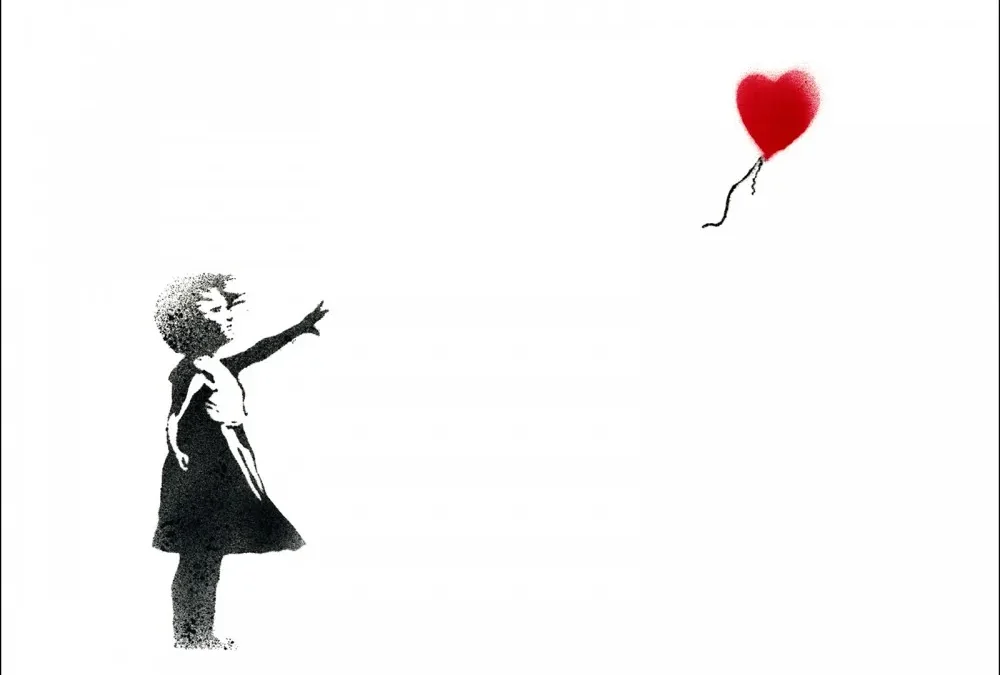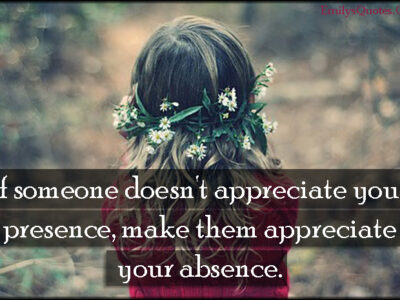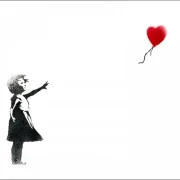
There are days when we feel exhausted for no apparent reason, and often, this fatigue is actually a feeling of sadness that overwhelms us. When we meet people on the street who ask us what’s wrong, we often reply that we are tired. However, it is sadness that lies behind this apparent physical and mental exhaustion. In reality, it is a mechanism that automatically installs itself in our brain and heart, capable of leading us toward apathy and self-reflection.
As an old saying goes, “Life is not always filled with roses.” In fact, sooner or later, each of us finds ourselves facing this feeling, which is often seen as something wrong or pathological. Even if we wanted to protect ourselves from sadness, it is, in reality, difficult to do so.
Specifically, there are two emotions that are often confused: depression and sadness. For example, the latter, mistaken for fatigue, often leads us to visit a doctor to understand whether it is a pathological issue. However, when medical tests do not find any significant hormonal imbalances, iron deficiency, or other organic conditions, the doctor is likely to say that these are simple seasonal disorders.
It is important to understand the brain’s mechanisms related to the emotional field. On one hand, joy triggers hyperactivity in brain cells and various regions, allowing us to view situations with a determined outlook. On the other hand, sadness provokes much more moderate reactions within us.
One of the brain’s areas responsible for physical fatigue is the amygdala. However, only part of it can be blamed for exhaustion symptoms. Instead, sadness takes over, indirectly sending signals to the brain, making us realize that it is time to stop and reflect on our life’s path. Furthermore, this condition cannot be treated as real physical fatigue, as it cannot simply be solved by taking nutritional supplements.
In fact, we must reach the root of the problem, diving deep into ourselves and finding the solution that best suits our emotional needs. Be careful—simple sadness can turn into an avalanche, growing larger and becoming a real problem. Ultimately, this negative feeling can be understood as an inner voice that must be heard and acknowledged, as it is part of the emotional baggage of every human being.









